Self-preservation is the first law of nature
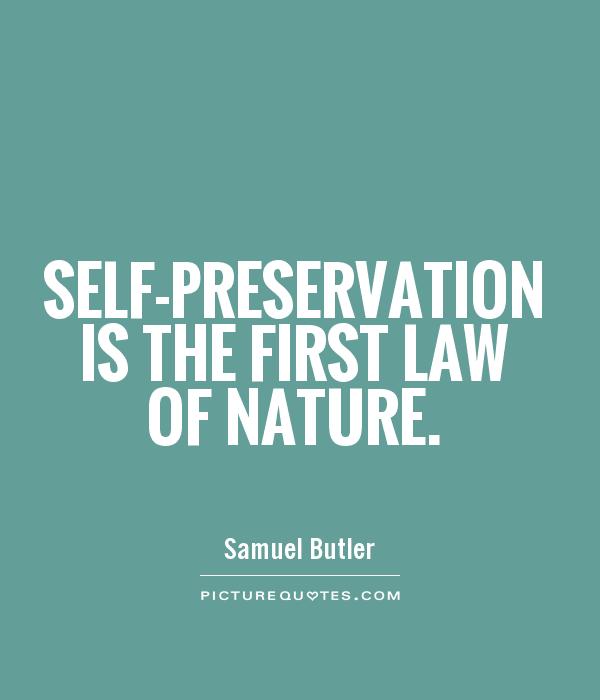
Self-preservation is the first law of nature
Samuel Butler, a 19th-century English author, is often credited with the quote, "Self-preservation is the first law of nature." This statement encapsulates a fundamental truth about human behavior and the instinctual drive to protect oneself from harm. In the context of Butler's words, self-preservation refers to the innate instinct that compels individuals to prioritize their own well-being and survival above all else.The concept of self-preservation can be traced back to the earliest days of human existence when our ancestors had to fend off predators, find food, and secure shelter in order to survive. This primal instinct has been ingrained in our DNA over millennia of evolution, shaping our behavior and decision-making processes. In times of danger or crisis, our instinct for self-preservation kicks in, prompting us to take action to ensure our own safety and security.
Butler's words also speak to the idea that self-preservation is a natural and universal law that governs all living beings. From plants and animals to humans, every organism has an inherent drive to protect itself from harm and ensure its own survival. This instinctual behavior is essential for the continuation of life and the perpetuation of species.
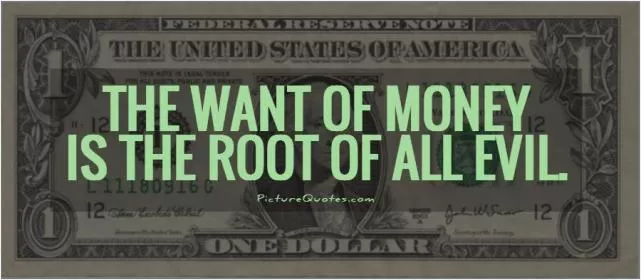
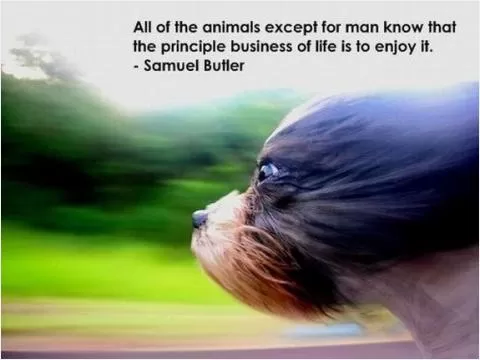
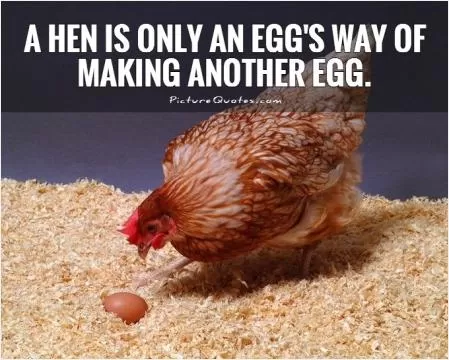




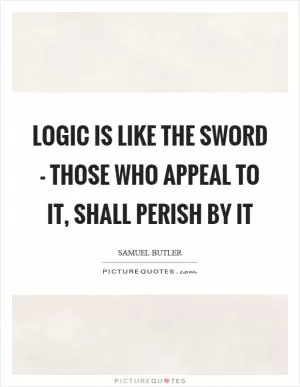

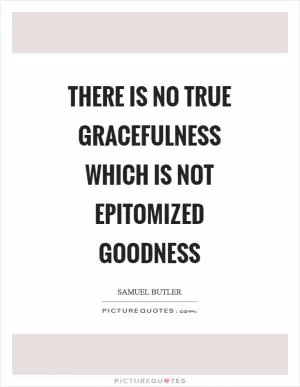


 Friendship Quotes
Friendship Quotes Love Quotes
Love Quotes Life Quotes
Life Quotes Funny Quotes
Funny Quotes Motivational Quotes
Motivational Quotes Inspirational Quotes
Inspirational Quotes